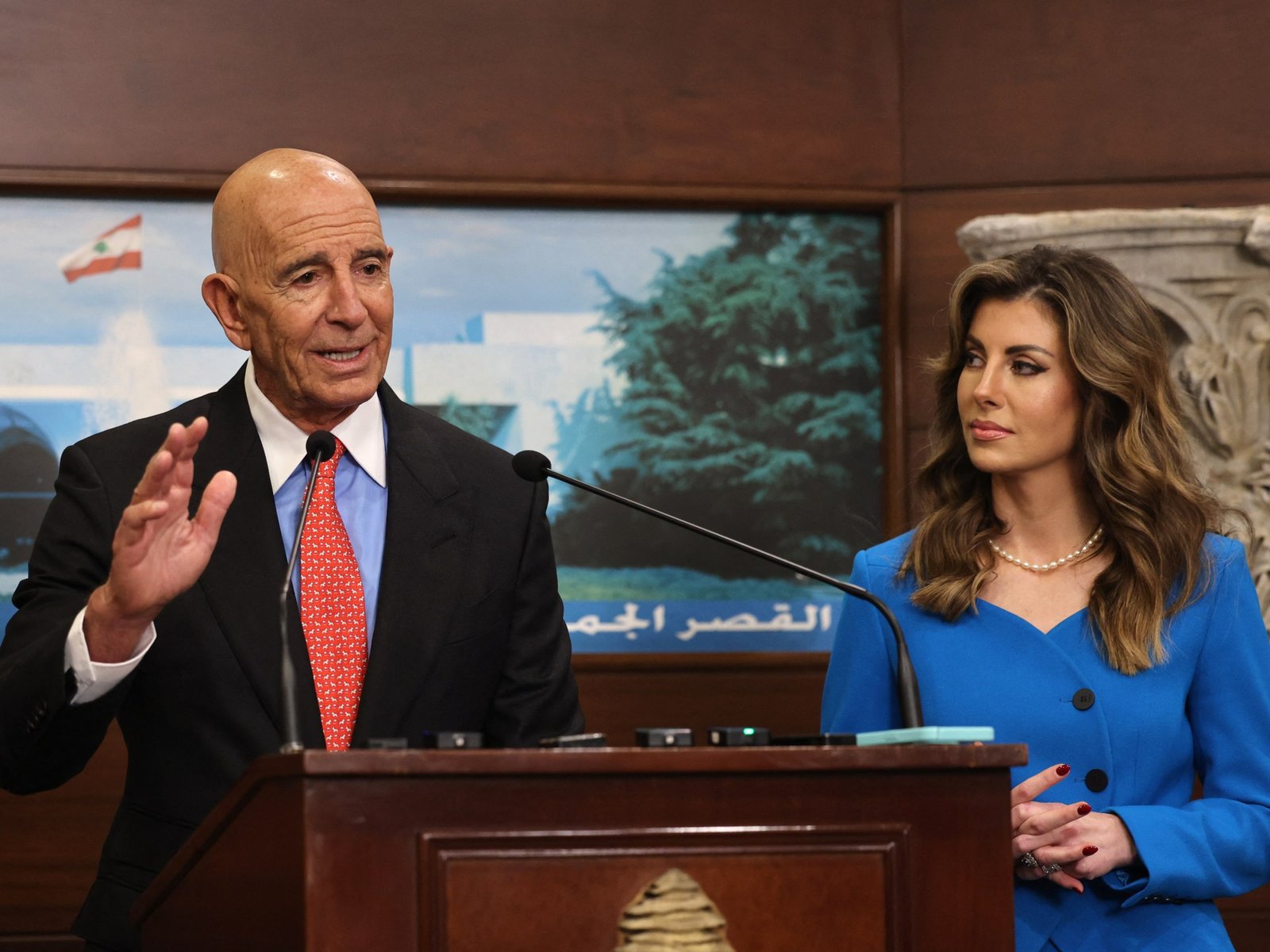The United States has recently proposed the establishment of an economic zone in southern Lebanon—a plan that many experts describe to Al Jazeera as overly ambitious and inadequately devised, aimed at encouraging the Lebanese government to disarm Hezbollah.
During a visit to Lebanon, US Middle East envoy Thomas Barrack introduced the concept but offered minimal insights, primarily suggesting potential financing avenues. “Together—the Gulf nations, the US, and Lebanon—we plan to create an economic forum that will provide livelihoods,” Barrack stated to the press.
Analysts believe the proposal draws inspiration from similar economic zones in Jordan and Egypt, countries that have peace agreements with Israel, a model that Lebanon may find difficult to replicate—especially in light of the recent conflict with Israel, which primarily targeted Hezbollah.
Following the war that erupted in October 2023, a growing regional and local consensus has emerged, seeking the disarmament of Hezbollah. The newly formed Lebanese government, which took office in January 2025 amidst US and Israeli pressure, has expressed intentions to disarm the group.
### The Call for Hezbollah Disarmament
The recent conflict with Hezbollah, which escalated in September 2023 and concluded with a ceasefire on November 27, has resulted in significant losses for the group, including the loss of key leaders to Israeli forces. The so-called “axis of resistance,” of which Hezbollah is a part, has faced additional challenges due to diminished support following the fall of Bashar al-Assad’s regime in Syria last December, as well as US-led Israeli actions against Iran in June.
Locally, Hezbollah’s popularity has waned dramatically over the past two decades. Once viewed as a significant force against Israel, its reputation has suffered due to its role in the 2008 Beirut takeover and its involvement in the Syrian civil war on behalf of Assad. Many former allies, including the Free Patriotic Movement and presidential hopeful Sleiman Frangieh, have begun advocating for the group’s disarmament, viewing it as a means to consolidate power within the Lebanese state.
Now, faced with a demand for disarmament and a loss of its hegemonic status, Hezbollah is experiencing increased pressure. Despite this, the group has staunchly opposed the call for disarmament and criticized the current government. Secretary-General Naim Qassem reiterated on August 25 that they “will not relinquish the weapons that honor us or protect us from our enemies.”
### The Aftermath of War
The recent war, which claimed over 4,000 lives and displaced more than a million Lebanese citizens, has left a trail of devastation. Israel’s military actions have been disproportionately aggressive compared to Hezbollah’s responses, leading to considerable destruction—especially in southern Lebanon, now partially designated as a buffer zone.
Many residents remain traumatized by the ongoing repercussions of the war, making acceptance of the US economic proposal more challenging. Political analyst Karim Emile Bitar emphasized that a large segment of the population does not regard the US as a trustworthy mediator. “The US has failed to pressure Israel to halt its human rights violations against Lebanon and neighboring nations,” he pointed out.
Barrack’s economic zone plan seems aimed at incentivizing Lebanese citizens—particularly those sympathetic to or directly affiliated with Hezbollah—to urge the government toward disarmament. “With 40,000 individuals funded by Iran to fight, the question arises: how do you transition them to civilian life?” Barrack remarked.
Though the idea of this economic zone has reportedly emerged from discussions between Israeli officials and Barrack, specifics remain vague. Observers note that similar zones in Jordan and Egypt were established under different political contexts, requiring a portion of products to include Israeli components—a prerequisite that many Lebanese outright reject.
### Lack of Support for the Proposal
Skepticism about the proposal’s feasibility abounds among local analysts. “There’s no significant appetite for it,” remarked Michael Young, a Lebanese commentator. He also noted that even if the project were to progress, trust must be established first.
Local sentiments indicate deep-rooted distrust towards the US, particularly given their support for Israel—a country widely viewed as Lebanon’s adversary. Many Lebanese citizens feel the US and their own government may be prioritizing foreign interests over local needs, further complicating the proposal’s acceptance.
In conclusion, while the idea of creating an economic zone to revitalize the Lebanese economy may present potential benefits, significant obstacles must be navigated. Top among them is the psychological block resulting from distrust in US motives and the legacy of recent conflict. As analysts continue to dissect the potential ramifications of US involvement, the offers will need to overcome a host of local concerns before gaining any real traction in Lebanon.

